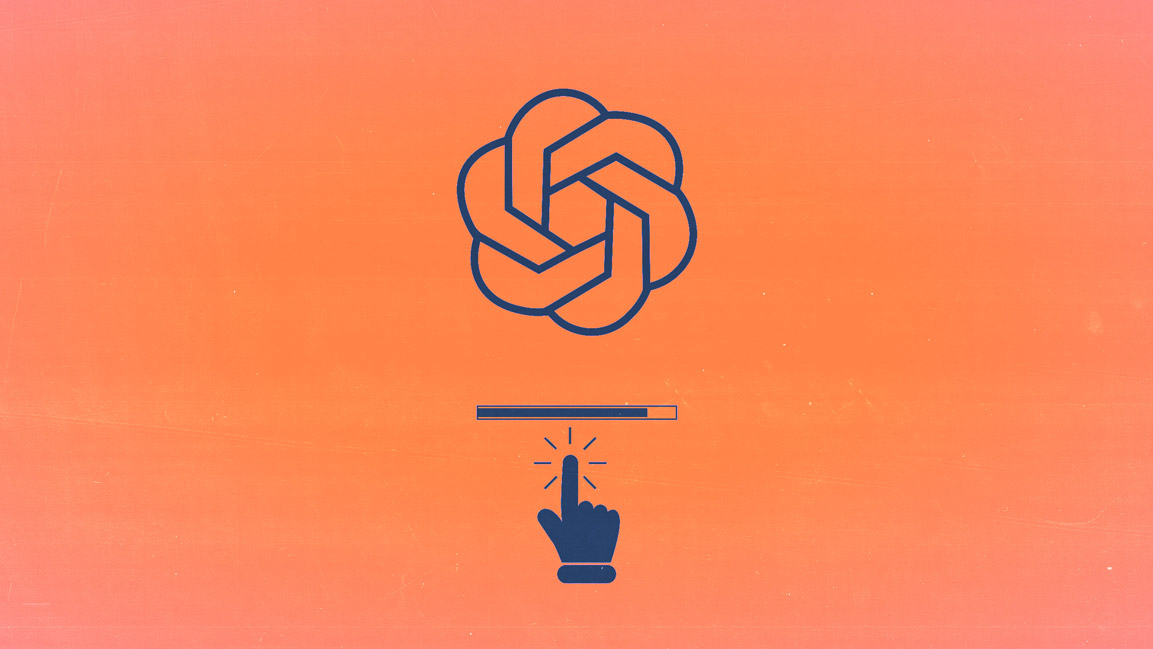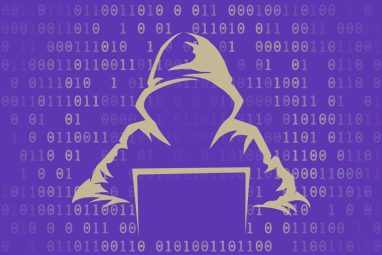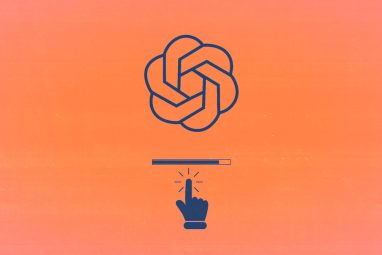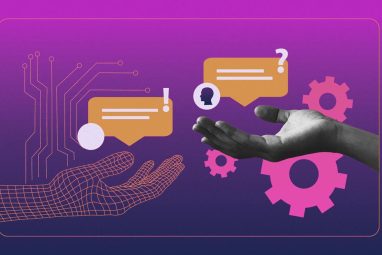OpenAI Pushes Back on NYT’s Demand for 20 Million ChatGPT Conversations
The news outlet claims that the log access is necessary to determine whether ChatGPT has repurposed its copyrighted content.
Topics
News
- In the UAE, Business Leaders View Uncertainty as an Opportunity, IBM Report Finds
- 17.5 Mn Instagram Accounts Compromised In Massive Data Leak: Report
- US Brings Qatar and UAE Into Silicon-Focused Economic Security Framework
- OpenAI Acqui-hires Convogo Team, Shuts Down Leadership Software Product
- Google Brings Gemini AI Features to Gmail
- Gemini’s Quiet 2025 Win: Eroding ChatGPT’s Traffic Share

[Image source: Chetan Jha/MITSMR Middle East]
OpenAI has sought a New York federal judge’s intervention to block a court order requiring the AI startup to turn over 20 million anonymized ChatGPT chat logs amid a lawsuit filed by The New York Times and other news outlets. The Sam Altman-led organization argues that this demand, if fulfilled, will allow NYT to access millions of user conversations that are unrelated to the ongoing case.
The publication’s lawyers have demanded the chat details again in part as another AI company agreed to hand over 5 million private chats, which were also unrelated to the court case, OpenAI claimed. Notably, NYT’s demand has narrowed from initially seeking 1.4 billion private ChatGPT conversations, which were defended by OpenAI, to 20 million now.
“We strongly disagree that this is relevant to our case, and we’re continuing to appeal,” the official blog read.
The news outlet claims that the log access is necessary to determine whether ChatGPT has repurposed its copyrighted content and to invalidate OpenAI’s claim that the NYT “hacked” the chatbot’s responses to manufacture evidence for the case. The AI startup stated, “They claim they might find examples of you using ChatGPT to try to get around their paywall.”
In an order, Magistrate Judge Ona Wang asked the company to produce the chats as their users’ privacy would be protected by the company’s “exhaustive de-identification” and other safeguards. This includes removing or “scrubbing” personal identifying information (or “PII”) and other information (e.g., passwords or other sensitive information) from conversations.
A Friday deadline has been given to produce the transcripts.
Having accelerated its security and privacy roadmap to protect user data, Dane Stuckey, Chief Information Security Officer of OpenAI, said, “If the Times succeeds in its demand, we will be forced to hand over the very same data we’re protecting—your data—to third parties, including the Times’ lawyers and paid consultants.”
OpenAI claims to have presented alternate privacy-preserving solutions, including targeted searches over the sample (e.g., to search for chats that might include text from an NYT article so they only receive the conversations relevant to their claims), as well as high-level data classifying how ChatGPT was used in the sample, which were rejected by the publication.
“Privacy and security protections must become more powerful as AI becomes more deeply integrated into people’s lives. We are committed to a future where you can trust that your most personal AI conversations are safe, secure, and truly private,” said Stuckey.








